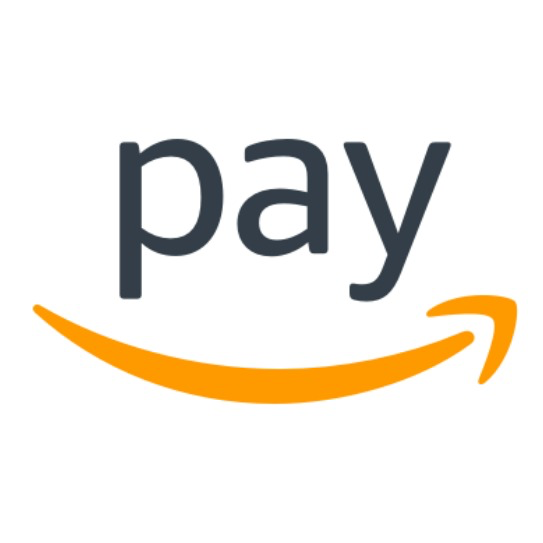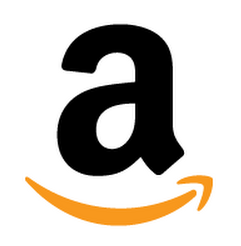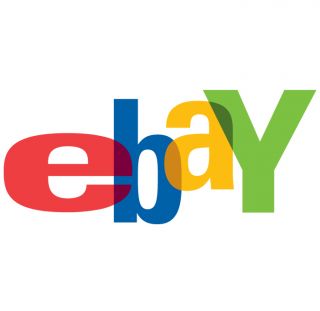How I Started A $550K/Month Flutes And Piccolos Online Store
What's your backstory and how did you come up with the idea?
My name is Phil Unger and I own a unique, niche business in Manhattan, Flute Center of New York. We sell only flutes and piccolos but recently have added sheet music and the many accessories that our customers desire like case covers, cleaning supplies, etc. We have grown, over the past 42 years, to become the largest flute-centric company in the world. We service musicians primarily in the US but also see customers from every corner of the globe.
Basically, our flutes and piccolos range in price from $500 to the staggering amount of $75,000! The primary difference in such a wide range of pricing comes down to two primary factors, handmade versus factory-made and the materials used to manufacture a flute. Many of the instruments we sell are made of solid silver, gold, and platinum! The average price of a flute is around $5000. Because a player’s relationship to his/her instrument is almost like having another family member, the flute as we say “chooses the player”. Our customer base is truly from beginners to the top professional orchestral players in the world.
We have grown the business to a level I never thought possible. In 2019,...

Download the report and join our email newsletter packed with business ideas and money-making opportunities, backed by real-life case studies.

Download the report and join our email newsletter packed with business ideas and money-making opportunities, backed by real-life case studies.

Download the report and join our email newsletter packed with business ideas and money-making opportunities, backed by real-life case studies.

Download the report and join our email newsletter packed with business ideas and money-making opportunities, backed by real-life case studies.

Download the report and join our email newsletter packed with business ideas and money-making opportunities, backed by real-life case studies.

Download the report and join our email newsletter packed with business ideas and money-making opportunities, backed by real-life case studies.

Download the report and join our email newsletter packed with business ideas and money-making opportunities, backed by real-life case studies.

Download the report and join our email newsletter packed with business ideas and money-making opportunities, backed by real-life case studies.
































